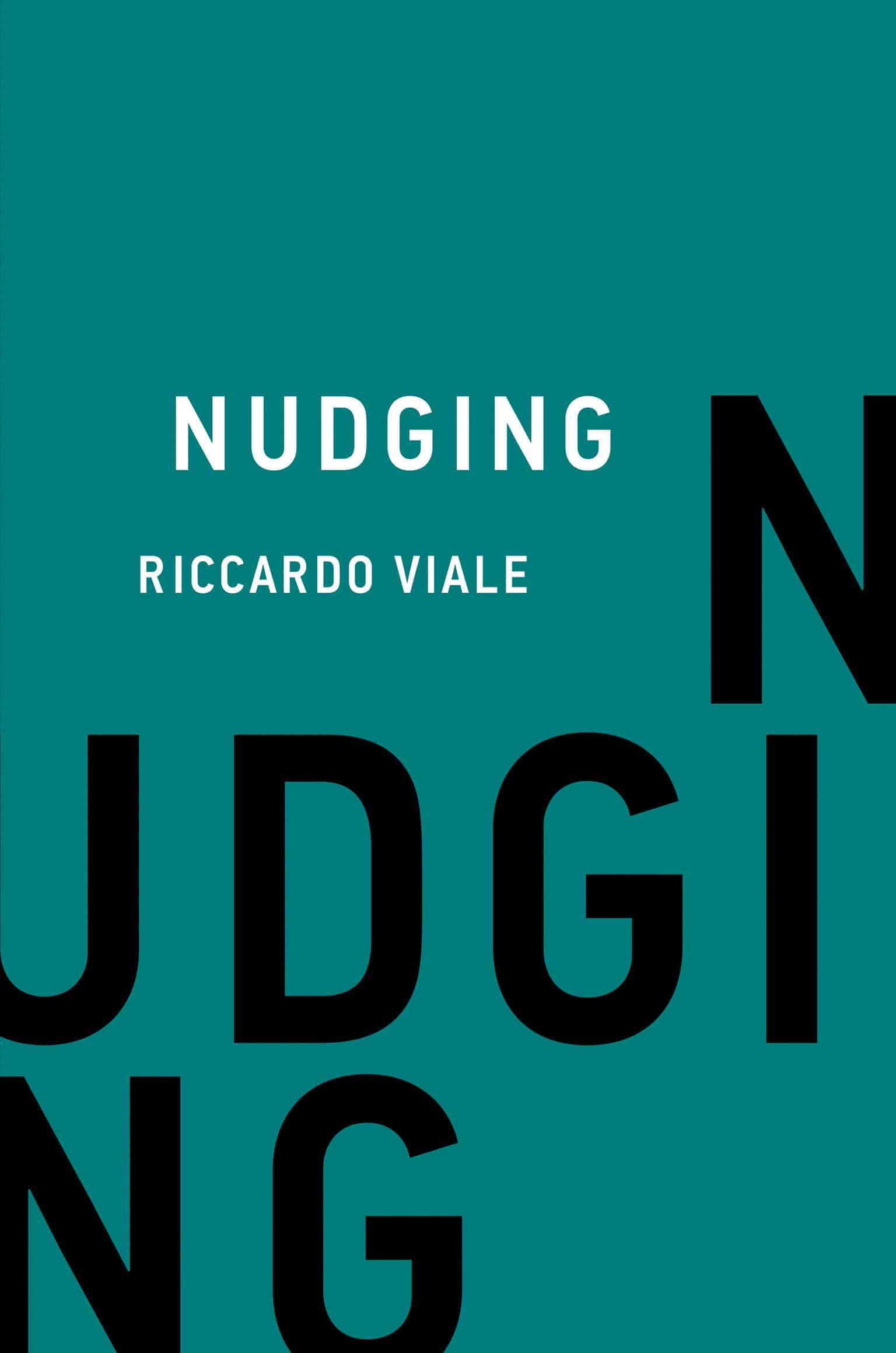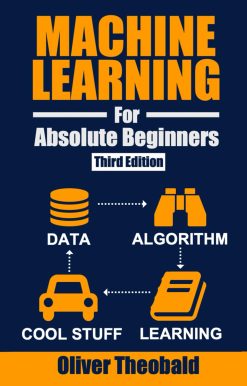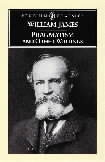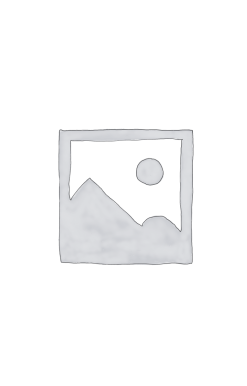Description
How “nudges” by government can empower citizens without manipulating their preferences or exploiting their biases.We’re all familiar with the idea of “nudging”—using behavioral mechanisms to encourage people to make certain choices—popularized by Richard Thaler and Cass Sunstein in their bestselling 2008 book Nudge. This approach, also known as “libertarian paternalism,” goes beyond typical programs that simply provide information and incentives; nudges can range from automatic enrollment in a pension plan to flu-shot scheduling. In Nudging, Riccardo Viale explores the evolution of nudging and proposes new approaches that would empower citizens without manipulating them paternalistically. He shows that we can use the tools of the behavioral sciences without abandoning the principle of conscious decision-making. Viale discusses the work of Herbert Simon, Gerd Gigerenzer, Daniel Kahneman, and Amos Tversky that laid the foundation of behavioral economics, describes how policy makers have sought to help people avoid bad decisions, offers examples of effective nudging, and considers how to nudge the nudgers. How can we tell good nudges from bad nudges? Viale explains that good nudges help us avoid bias and encourage deliberate decision making; bad nudges, on the other hand, use bias to nudge people unconsciously into unintentional behaviors. Bad nudges attempt to compel decisions based on economic rationality. Good nudges encourage decisions based on a pragmatic, adaptive, ecological kind of rationality. Policy makers should take note.
Additional information
| Weight | 0.5 kg |
|---|---|
| Dimensions | 2.34 × 16.01 × 23.68 cm |
| PubliCanadation City/Country | USA |
| Author(s) | |
| Format | |
| language1 | |
| Pages | 256 |
| Publisher | |
| Year Published | 2022-10-4 |
| Imprint | |
| ISBN 10 | 026254444X |
| About The Author | Riccardo Viale is Professor of Behavioral Sciences and Cognitive Economics in the Department of Economics at the University of Milano Bicocca, where he is President of BIB-Behavioral Insights Bicocca. He is also Professor of Behavioral Economics at the School of Government and the School of European Public Economics of LUISS, Rome, and Founder and Secretary General of the Herbert Simon Society. He is the author of Economics, Bounded Rationality and the Cognitive Revolution (with Herbert Simon, Massimo Egidi, and Robin Marris) and other books. |
“The book is an insightful and notable re-evaluation of familiar behavioral economic ideologies.”—LSE Review of Books |
|
| Other text | “Riccardo Viale takes a keen and critical look at the nudging philosophy, contending that the biases presented to justify governmental nudging are better understood as adaptive behavior, and that the popular theory of Systems 1 and 2 cognition lacks scientific soundness. Moreover, he proposes a much better strategy: boosting rather than nudging people. Lucid and jargon-free, Nudging will have a lasting impact on the field. An enjoyably sophisticated book that is worth reading more than once.” —Gerd Gigerenzer, author of Calculated Risks, Gut Feelings, and Risk Savvy “Nudging is a fabulous book. Anyone interested in the psychological basis of how people influence each other will want to read it. Because nudge units are quickly springing up throughout the world, people who delay getting a copy of the book and reading it cover to cover are at serious risk of being left behind. Be aware that the preceding sentences are structured around three key nudge principles. To learn more, get a copy of Nudging—and do it today!” —Hersh Shefrin, Mario L. Belotti Professor of Finance, Leavey School of Business, Santa Clara University “Viale presents an engaging, highly readable account of nudge theory and practice. This is an intellectually rooted narrative that is able to examine individual- and social-level dimensions of behavioral public policy with equal subtlety. Viale gradually builds to a valuable and memorable statement on the differences between nudging for good and nudging for evil, guidelines that policy makers could use and implement to great social benefit.” —Varun Gauri, Princeton University and the Brookings Institution “By bringing the self as an active participant in the nudging process, Viale provides a rich platform for discussing libertarian paternalism and developing tools that can use our adaptive inclinations and heuristics as assets rather than liabilities. His inclusive approach opens new doors for all choice architects to produce many goods from behavioral economics and cognitive science insights for society.” —Shabnam Mousavi, Max Planck Institute for Human Development |
| Table Of Content | Preface ix1 Behavior and Power 12 How to Influence Human Behavior 153 Cognitive Illusions 274 Policy Makers as Architects of Choice 435 Behavioral Change in Policy Making 736 Behavioral Bureaucracy 877 Is Nudging Libertarian? 998 Irrational or Adaptive? 1139 Adaptive Nudging: BRANs and Boosts 12910 Self-Nudging 143Conclusion: "Nudgood" or "Nudgevil"? 157Notes 165Bibliography 207Author Index 231Subject Index 233 |
Only logged in customers who have purchased this product may leave a review.






Reviews
There are no reviews yet.